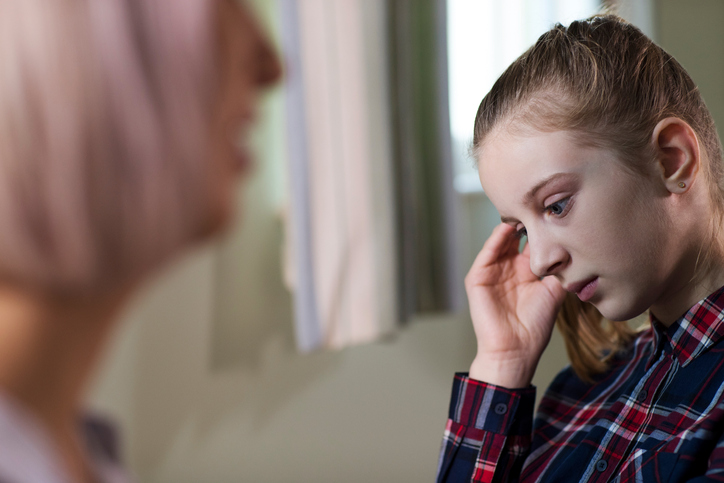Early Intervention in Psychosis (EIP) services help young people aged 14-35 to recover from a first episode of psychosis and to gain a good quality of life. Early engagement with services and a holistic approach to recovery including mental, physical and social support, can help young people go on to live fulfilling lives.
Here we will discuss the importance of early intervention with a holistic approach for young people experiencing a first episode of psychosis.
Psychosis in young people
Around 1 in 100 people will develop a full psychotic episode in their lifetime. However, the majority (80%) will experience their first episode between the ages of 15 and 30.
Psychosis can have an extremely damaging impact on a young person’s well-being and quality of life. It can affect their relationships with friends and family, and their ability to engage in education, training and employment. It also makes it very difficult to manage everyday tasks, like paying bills or rent.
This leaves young people vulnerable to developing a serious mental health crisis, being detained in hospital under the Mental Health Act, or getting caught up in the criminal justice system.
What is Early Intervention in Psychosis (EIP)
Early intervention is key to helping young people with psychosis lead healthy and productive lives.
It also:
- reduces the likelihood that they will relapse, potentially saving the NHS £44million each year through reduced use of hospital beds.
- reduces the risk of a young person taking their own life from 15% to 1%.
Unfortunately, many EIP services are struggling to maintain high levels of care, and are facing an uncertain future. With funding cuts, young people are experiencing delays in accessing care which can seriously affect their chances of recovery. It can also increase the likelihood of them developing a lifelong illness.
We are at risk of losing a generation of young people whose recovery from mental illness is being jeopardised – tens of thousands of young people who, with the right support, might otherwise have a good quality of life and play a meaningful role in society.
Bridge – A holistic approach
At Bridge, we are committed to improving the recovery and therefore, the lives and the future potential of young people age 18-25 with psychosis in our area.
We provide a range of regular leisure, sporting, cultural, social and art activities to aid the recovery process of young people who have experienced a first episode of psychosis. Activity programmes for young people help keep them engaged in life, pursue their interests despite mental ill health, and help maintain social interaction to prevent them from becoming withdrawn and isolated. This also helps them stay in school, get an education and improve future job prospects.
Key messages for young people with psychosis
It’s important for young people to understand the following:
- Psychosis isn’t a label for life, and it won’t prevent them from engaging in their lives and in their community.
- There are safe places for them to go and receive expert help from people who understand.
- They shouldn’t feel judged or stigmatised.
- They should have the support and freedom to talk about their journey, process and their next steps.
- They should feel safe and know that they can get the right help quickly.
Bridge works in partnership with other services to ensure the best use of resources. This includes mental health specialists, psychological therapy providers, accommodation providers, voluntary, community and social enterprise (VCSE) organisations and local communities.
To learn more about our services, please get in touch.
Further Reading:
Psychosis and schizophrenia in children and young people: recognition and management
SHAPE: Supporting Health And Promoting Exercise in Young People with Psychosis
Schizophrenia: Media Vs. Reality
Childhood mental health issues – Early intervention to improve adult mental ill-health

